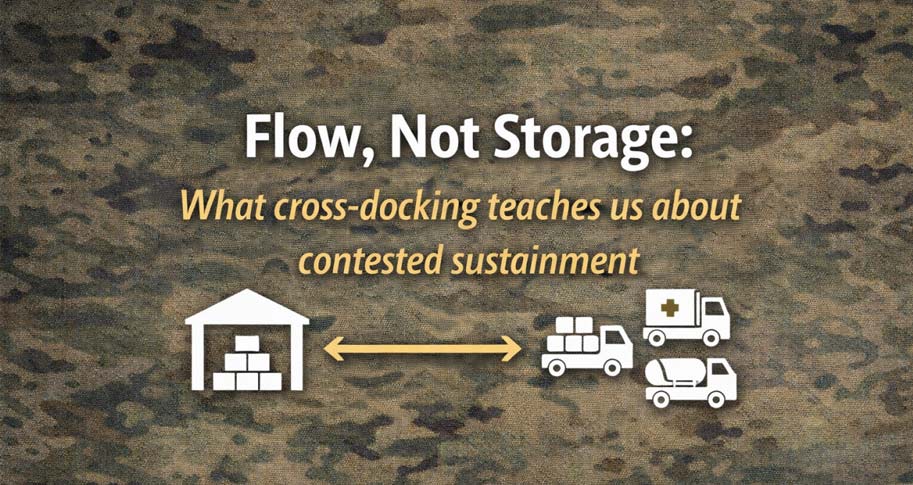
Are trucking carriers who utilize more owner-operators more compliant with safety rules than those with more employee drivers? SCM researchers have debated that question since the 1980s. Some have suggested that owner-operators should be more compliant since they have more to lose if they have an accident and must absorb maintenance costs if they mistreat equipment. Others have argued that owner-operators should be less compliant than employee drivers because they (i) have greater incentive to work faster (e.g., speed) and longer (e.g., violate hours-of-service rules) since they receive higher per/mile or percentage of freight bill pay and (ii) do not want to incur the near-term cash outlays necessary to maintain equipment. A third group of researchers have insisted that owner-operators are neither more nor less compliant with safety rules than their employee driver counterparts. Jason W. Miller (Michigan State University), Susan L. Golicic (Colorado State University), and Brian S. Fugate (University of Arkansas) weigh-in on the question in a Journal of Business Logistics article titled “Reconciling Alternative Theories for the Safety of Owner-Operators.” Drawing on principles from sociological studies on decision-making and prior research on safety compliance in the trucking industry, the authors advance a more nuanced view regarding the types of behaviors where owner-operators’ should be less compliant than employee drivers. Their study has implications for carriers, shippers, policymakers, and researchers alike.
Miller, Golicic, and Fugate hypothesize that carriers who utilize more owner-operators will have more safety violations, especially in the areas of hours-of-service compliance and vehicle maintenance. Federal Motor Carrier Safety Administration statistics support that prediction. The authors expected carriers with more owner-operators to have more hours-of-service violations, since owner-operators have more to gain by exceeding HOS limits. Owner-operators earn higher hourly rates than employee drivers because vehicle upkeep costs are factored into their pay. The authors also correctly predicted that carriers with more owner-operators will have more maintenance violations. Employee drivers do not pay for the upkeep of the trucks they drive, so they have no reason to forgo maintenance. Conversely, an owner-operator whose net earnings are $50,000 per year will likely be tempted to cut corners on repairs and maintenance, which cost an average of $10,000 annually. The authors were not surprised when they found a relatively small difference between the two types of carriers when it comes to unsafe driving violations like speeding, following too closely, or texting while driving. They expected that would be the case since such practices offer similarly high risk and low reward for both owner-operators and employee drivers.
The study has implications for multiple groups. Miller, Golicic, and Fugate suggest that carriers with many owner-operators should closely monitor their drivers’ inspection records while assuring they are maintaining their trucks and complying with hours-of-service limitations. Failure to do so could result in accidents or inspection violations that will hurt the carrier’s safety rating, thereby limiting future business prospects. The authors caution shippers to consider the study’s findings when choosing a carrier. Since owner-operators are more likely to be placed “out of service” due to safety violations, carriers who use them are likelier to have unreliable transit times. Additionally, the authors suggest that regulators should monitor carriers that use many owner-operators and take steps to increase the perceived costs of unsafe driving behaviors. They also offer research questions for other scholars to consider. For instance, they suggest that researchers might use primary data from owner-operators and employee drivers to see whether they perceive different benefits for various safety violations. Read the full article in volume 39 of the Journal of Business Logistics.







